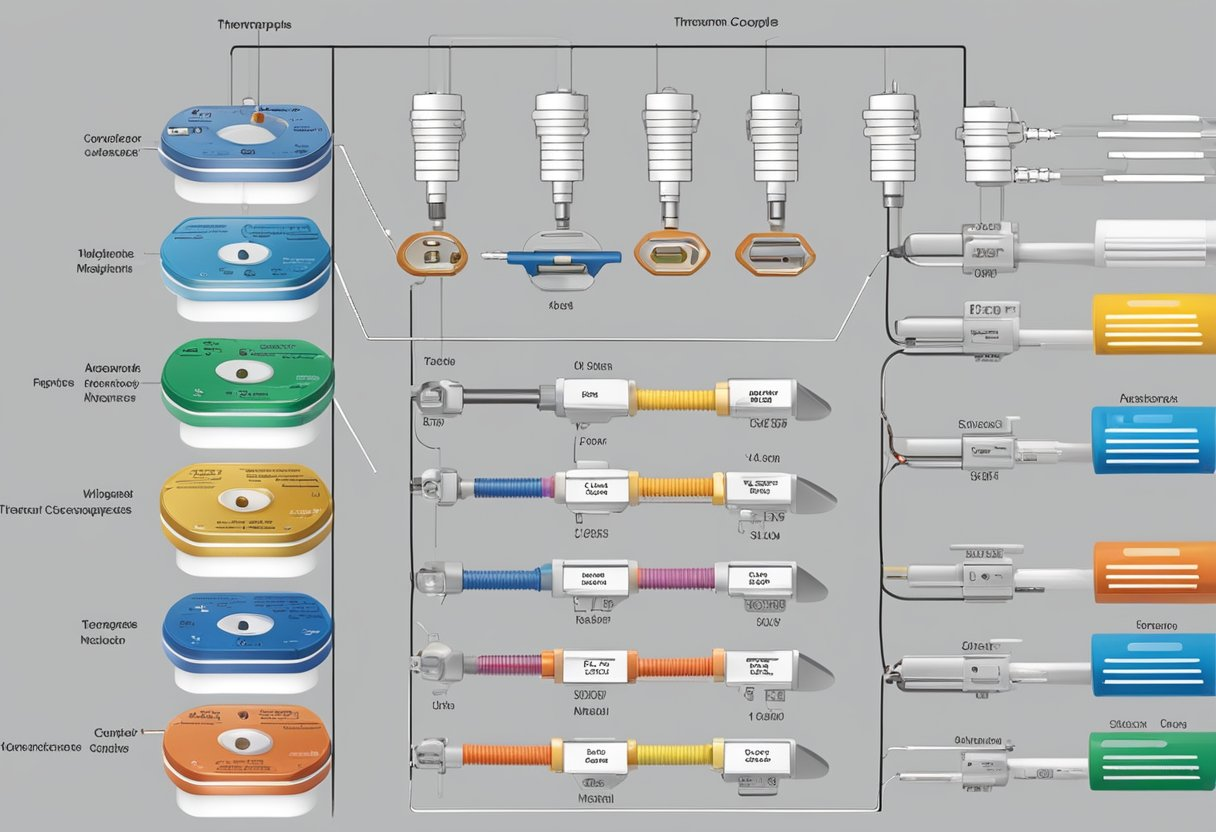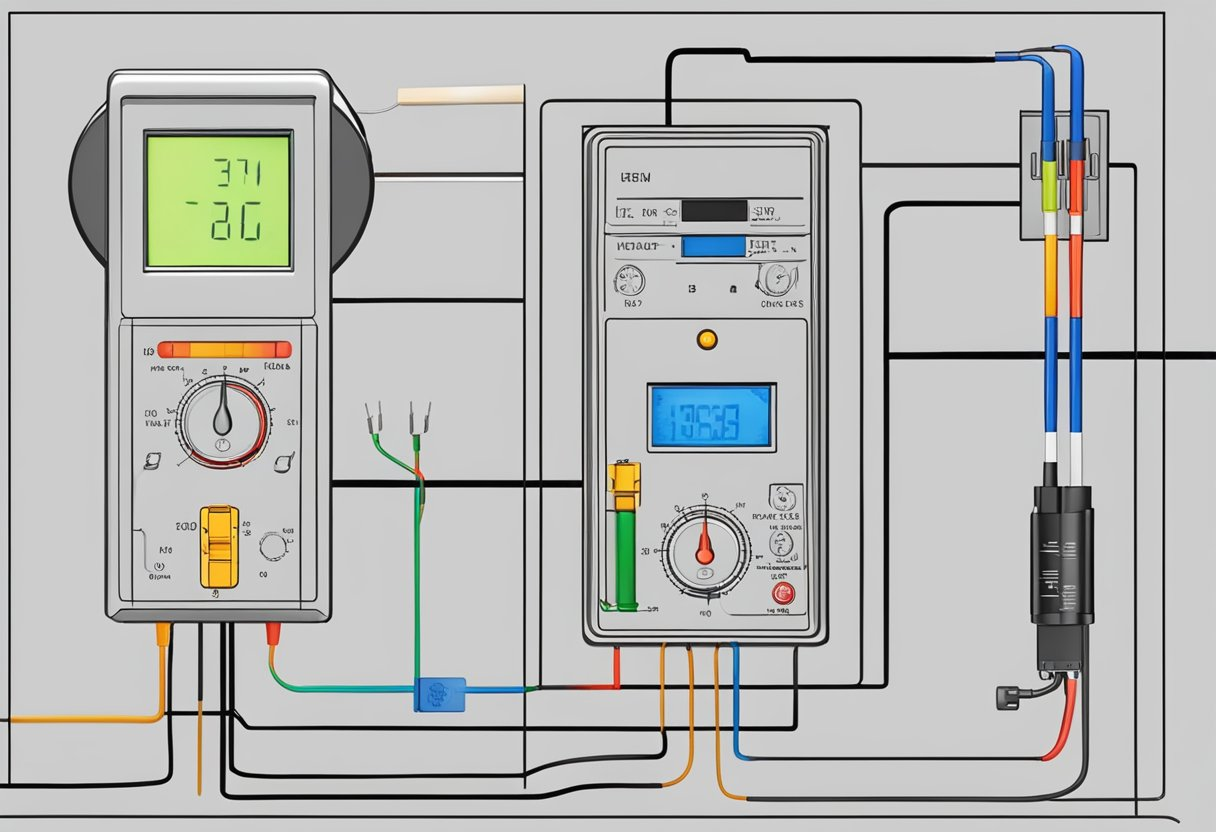Capacitive Force Sensor: Revolutionizing the Way We Measure Force
Abstract:
Introduction
The field of force measurement has witnessed a remarkable transformation with the advent of capacitive force sensors. These state-of-the-art devices have revolutionized the way we measure force, providing accurate and reliable data for a wide range of applications. In this article, we will delve into the fascinating world of capacitive force sensors, exploring their principles, applications, and benefits. So, let’s dive in and unlock the potential of this groundbreaking technology.
1. What is a Capacitive Force Sensor?
A capacitive force sensor is a sophisticated electronic device that utilizes the principle of capacitance to measure force. It consists of two parallel plates separated by a dielectric material. When a force is applied, the distance between the plates changes, resulting in a change in capacitance. This change in capacitance is directly proportional to the applied force, allowing precise force measurement.
2. Working Principle
The working principle of a capacitive force sensor is based on the variation of capacitance. As an external force is applied, the distance between the plates changes, altering the capacitance. The sensor measures this change and converts it into an electrical signal, which can be further processed and analyzed. This enables accurate and real-time force measurements.
3. Applications of Capacitive Force Sensors
Capacitive force sensors find a wide range of applications across various industries. Some notable applications include:
3.1 Industrial Robotics
In industrial robotics, capacitive force sensors play a crucial role in ensuring precision and safety. They are used to measure contact forces and provide feedback for delicate tasks, enabling robots to interact with their environment effectively.
3.2 Biomedical Field
Capacitive force sensors have gained significant traction in the biomedical field. They are employed in the development of prosthetics, pressure mapping systems, and medical devices, enabling precise force measurements in various applications.
3.3 Automotive Industry
In the automotive industry, capacitive force sensors are used for crash testing, durability testing, and performance evaluation of vehicle components. They provide valuable data on the forces exerted during impact events, facilitating the design of safer and more efficient vehicles.
4. Benefits of Capacitive Force Sensors
Capacitive force sensors offer several advantages over traditional force measurement techniques. Some key benefits include:
4.1 High Accuracy
Capacitive force sensors provide high accuracy and precision, allowing for reliable force measurements even in demanding applications.
4.2 Wide Dynamic Range
These sensors have an extensive dynamic range, enabling them to measure forces ranging from micro-Newton to kilo-Newton.
4.3 Non-Intrusive
Capacitive force sensors are non-intrusive, meaning they do not require direct contact with the object being measured. This feature makes them ideal for applications where contact may cause damage or alter the measurement.
Conclusion:
In conclusion, capacitive force sensors have transformed the field of force measurement, opening up new possibilities in various industries. Their accurate and reliable measurements, coupled with their non-intrusive nature, make them invaluable tools for applications ranging from robotics to biomedical research. As technology continues to advance, we can expect further refinement and innovation in capacitive force sensors, shaping the future of force measurement. So, embrace this revolutionary technology and unlock its potential in your projects today!
Keywords: Capacitive Force Sensor, force measurement, capacitance, working principle, applications, benefits

The Rise of Smart Home Temperature Sensors: Chinese Manufacturers Leading the Future of Home Automation
The integration of smart home technology has transformed daily living, making homes more efficient and responsive. As consumers increasingly seek comfort and convenience, smart home temperature sensors have emerged as




